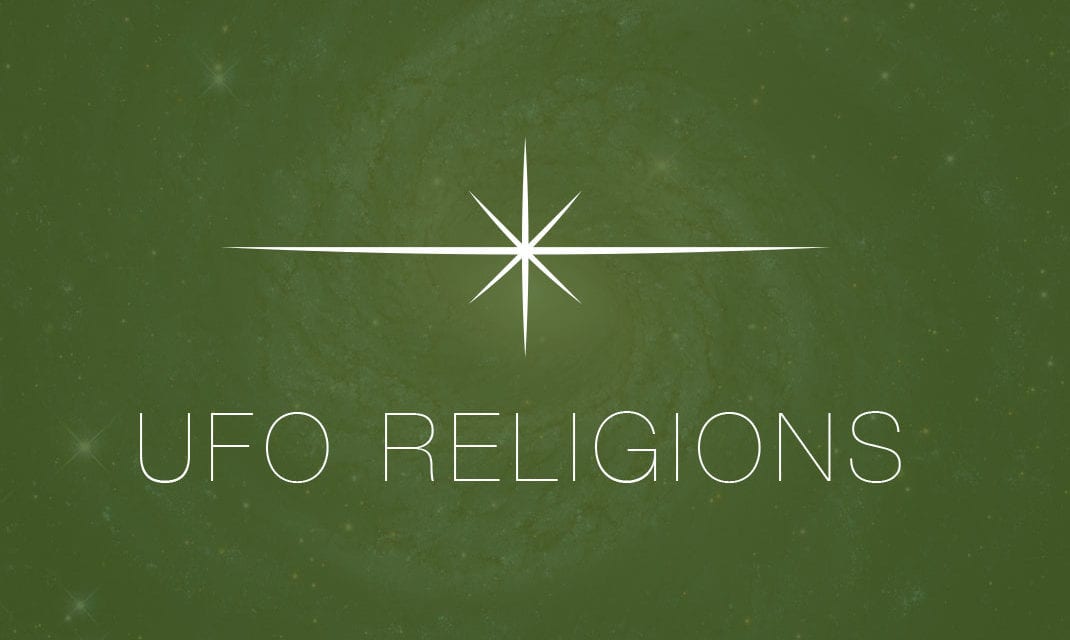Last Friday I saw the new Nicholas Cage movie, Knowing. If you haven’t seen it yet, you can read some brief plot details here, along with a just-as-brief review. That review seems to suggest Cage recovered his faith, but I’m less generous (and so are many other reviewers). It’s never clear just what Cage now believed in – that human life isn’t over? That there are aliens who like us? That there is an afterlife? It’s totally ambiguous and so, in that regard, unsatisfying.
Not unexpectedly, the movie shows us once again that, for the masses, the question of whether there are intelligent extraterrestrials is inherently a religious one. There are still people who want to deny that, of course. For them, this denial issomething akin to an intellectual pacifier (read: nookie).
I guess I can say I really enjoyed the movie, though “enjoy” doesn’t feel like the right word. The special effects were breathtaking. Honestly, if I were creating imagery that sought to put a spaceship into Ezekiel 1, I’d want it to look like this. The conception of the wheels was quite apparent, but there are no cherubim with four faces, no discernible throne, no enthroned deity, no fire, no thunder . . . er, well, I guess it really didn’t bear much resemblance to the actual description of Ezekiel! But it was just so cool. Goes to show you that, once again, what people want to think Ezekiel saw is often recreated with little regard to the textual description (since that just ain’t going to look like a flying saucer — and we have the iconography from Babylon to know what was being described anyway). But did I mention it was really slick? Much better than Independence Day.
The story was also much more thoughtful than others in this genre I’ve seen. Despite the clear alien technology at the end, the creepy “visitors” might still be thought of as angels (or, better, as aliens that could be mistaken for angels). There is also just a hint of a reality beyond that of which the aliens were guiding the human survivors, which in turn means that the notion of God wasn’t entirely disregarded. One *could* come away with the notion that these guys were sent by a higher authority, though that certainly isn’t made clear.
Still, there were plot flaws (trying not to spoil anything):
1. Why is it that the visitors could communicate specific, explicit details about the future of humanityand yet were incapable of something as simple as a clear “show up here if you want to survive” message? Simple: the plot required the main character to solve SOMETHING.
2. So, like, how were the survivors, planted on another world, supposed to survive? Did they automatically know how to farm, get water, etc. Were there any adults?
3. Why weren’t the aliens capable of saving the original little girl who “heard the call”?
4. How is it that our astrophysicist failed to know of earth’s impending doom, though he had done a paper on the very cause of the global destruction? Maybe he needed to get it past peer review?
Some of this is nit-picky for sure. I appreciate the film for what it didn’t force on the audience: no Nibiru nonsense, no “the aliens put us here in the past” (we just know they are doing it now to preserve human life), no “the aliens gave us megalithic technology and our religions, etc. We were mercifully spared such drivel and treated to a more thoughtful story.







Thank you for the post.
An excellent read.
This article has been Twittered at
http://twitter.com/IQXS
and shared with Twitter UFO enthusiasts
worldwide. We track the latest in
UFO News, Views and Pix and Vids.
Possible answers for the plot flaws:
1. I agree with your assessment — the audience needed to have a vehicle (the protagonist) through which they could also “solve the mystery.” However, one could say that only the “worthy” would discover the meaning of the numbers — after all, the children really didn’t need to solve any mystery as they were pretty much “shepherded” by the aliens. Cage’s character might have been the only adult who figured out the meaning of the numbers.
2. If we are to believe that other creation myths (including the Bible) were based on similar alien intervention, then these aliens will most likely interact with the relocated human children just as the “gods” did — teaching them agriculture, science, etc.
3. The original girl was the “prophet” who prepared the way — perhaps there was a prophet for all the children-pairs, and each one was instructed to — over a 50 year period — prepare the way, tell as many people that will listen, etc. Maybe this was the aliens way of being “fair,” in case the humans heeded this warning and were able to get enough people off the planet in time.
4.Yeah, this one seemed too convenient to pull out at the appropriate moment.
@shadrach: # 2 doesn’t make sense – why would it *have* to be children?
“. . . why would it *have* to be children?”
The whole idea of childhood innocence–the “aliens” were starting mankind over in a new Gan ‘Eden, so it made sense from the plot’s POV to have them start over with innocent children.
Another “as in the days of Noah” feature that I hadn’t contemplated- the rescue of pairs of creatures for continuity of existence is in the film Knowing. In the days of Noah, it was Noah providing the logistics for the creatures, not ETs- otherwise, perhaps many of the sightings that are viewed these days are similar evacuations of creatures and not just demonstrations of agility? For all I know, they may not be ET originated, I get that… I must remind myself to keep that option open!